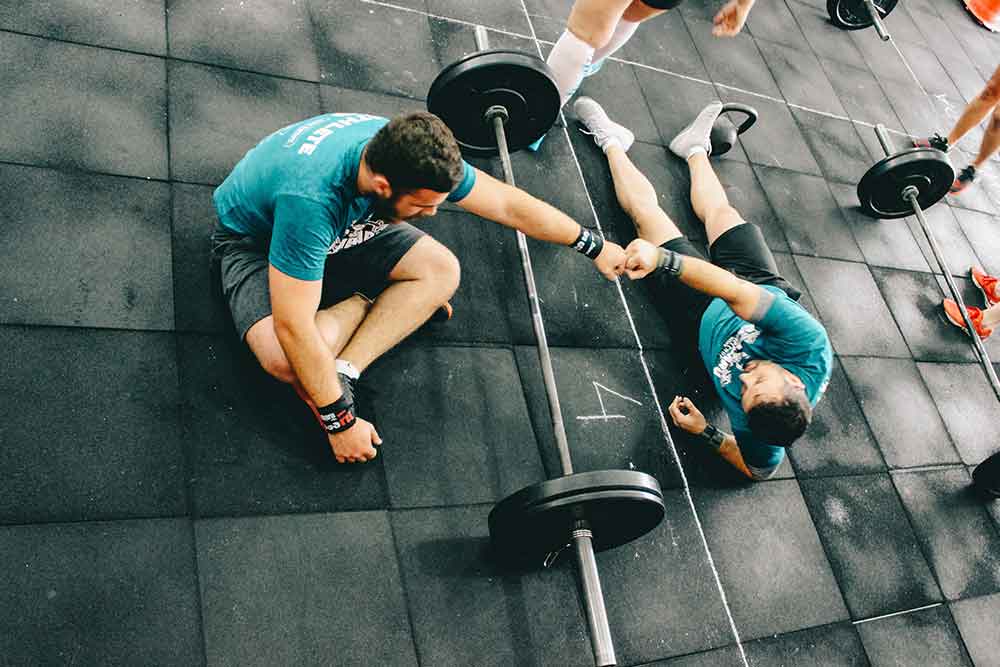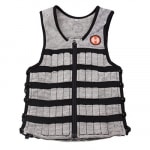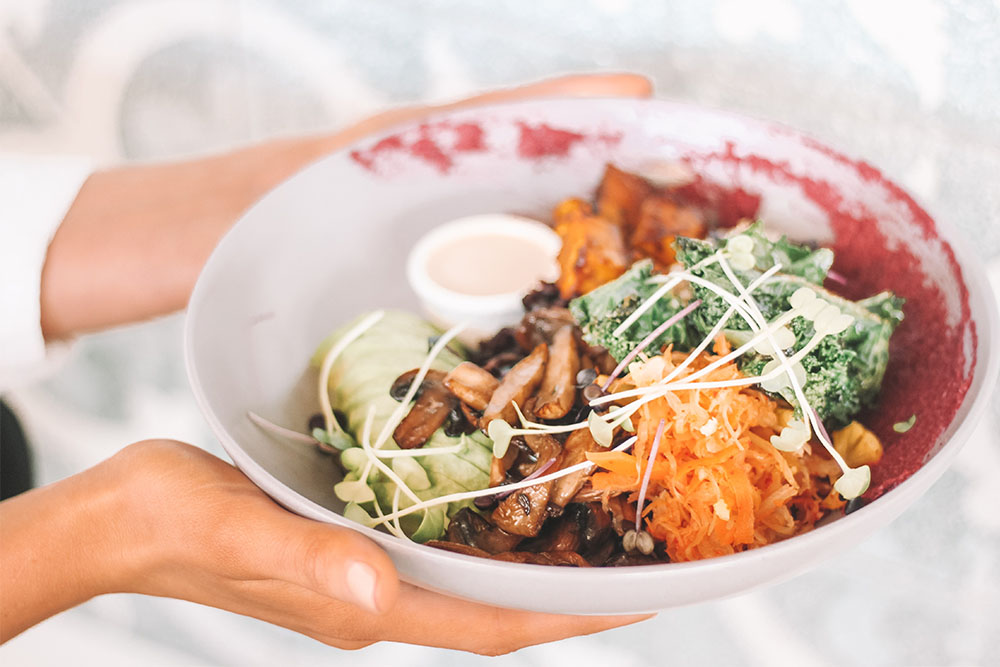Is There a Magic Bullet to Protein Consumption?

Evan Stevens
In the last three parts we discovered that a lot of what we thought about protein supplementation isn’t quite as important as was once believed. Casein, soy, and whey are all adequate; whey is best immediately post exercise, but soy and casein can be just as good so long as there is the branched-chain amino acid leucine; casein even has the added benefit of being great for the overnight period for sustained muscle protein synthesis (MPS). MPS is high in any muscle that is worked to fatigue, but is sustained when the time under load is longer (the more time your muscle is firing). It doesn’t matter too much if you are a trained individual or an untrained individual, as long as you are getting enough protein your MPS will be sustained. Which brings us to our final part: what is “enough?” What is the right amount of protein that we need to ensure MPS is high, MPB is attenuated, and net protein balance is positive?
Whey protein is a great source of protein. Check out Optimum Nutrition Gold Standard 100% Whey Protein Powder.
Dosage
Through the past three parts we’ve alluded to the importance of dose and just how much an adequate dose is. 25g. 25g of protein seems to be the magic number. Supplementing with 25g of high quality protein post workout is all that is needed to optimally stimulate MPS. It doesn’t matter if you are trained of untrained, all you need is 25g. There is a plateau which starts around the 20g mark for MPS. At 25g you are getting roughly 96% of the MPS that 40g would provide, which is not significantly different.
Looking for an organic and natural protein powder? ForeverFitScience recommends Orgain Organic Plant Based Protein Powder.
As we know, we are sensitive to protein 24 hours (or more) post exercise so if you can’t get that 25g of protein into you immediately post exercise, you can spread it in throughout your meals. What this equates to is roughly 0.25g/kg body weight per meal (3-4 regular North American meals per day). The researchers do suggest that if you want to be on the safe side and/or try to really maximize your MPS to go up to 0.4g/kg per meal. High doses of protein do not imbued any additional MPS benefits; high doses of protein may have effects on thermoregulation, metabolic regulation, and satiety, which are the basis for high-protein diets (most athletes either do not need or should outright avoid these diets because protein will replace glycogen in the diet, which the body needs to cover the energy demands of training).
 Want to know exactly what you need to eat to feel better, lose weight, end cravings and have more energy? Check out the Viome gut microbiome and wellness kit.
Want to know exactly what you need to eat to feel better, lose weight, end cravings and have more energy? Check out the Viome gut microbiome and wellness kit.
Related Article: Protein Quality Dictates Recovery, Not Timing
Branched Chain Amino Acids?
 One of my athletes asked me about the other branched chain amino acids (BCAAs) when discussing protein supplementation with them. You might see it advertised on your protein tub “contains all your BCAAs!” or something to that effect. And for a long time it was thought that all BCAAs were important to MPS. BCAAs have a long, branching functional groups (containing three or more carbons), which gives them their names. There are three of them, leucine, isoleucine, and valine and it was long thought that they all had the same ability to promote MPS on top of their other biological roles in cell signaling and metabolism.
One of my athletes asked me about the other branched chain amino acids (BCAAs) when discussing protein supplementation with them. You might see it advertised on your protein tub “contains all your BCAAs!” or something to that effect. And for a long time it was thought that all BCAAs were important to MPS. BCAAs have a long, branching functional groups (containing three or more carbons), which gives them their names. There are three of them, leucine, isoleucine, and valine and it was long thought that they all had the same ability to promote MPS on top of their other biological roles in cell signaling and metabolism.
But as you probably have guessed from the previous parts of this discussion, leucine is the only one that really matters. This is because leucine acts as a “trigger” for MPS; you only need about 2.5-5g of it to trigger MPS. This is seen regardless of whether a person is on low or high protein diets; supplementation with 5g of leucine per day resulted in increased increase MPS, specifically myofibrillar synthesis in older adults regardless of their dietary protein status. Whey is always thought to be the best protein source because it is naturally high in leucine, usually not requiring any further supplementation. But as we know, soy and casein work just fine so long as leucine is supplemented as well with casein even having additional benefits for overnight periods. As a tip, if you are looking to buy leucine powder, make sure it is just leucine or leucine isolate, you are wasting money on anything that is a “leucine mix” as it most likely fillers and the other BCAAs.
Related Article: Which Type of Protein Provides the Best Workout Recovery?
 Recover faster from high-intensity workouts with the combination of cold therapy and massage made possible by the Recoup Fitness Roller.
Recover faster from high-intensity workouts with the combination of cold therapy and massage made possible by the Recoup Fitness Roller.
Recap:
- Science changes; our ideas about protein change with new and more data available (part 1).
- Timing of ingestion not as important; MPS high up to 24hrs post workout (part 1).
- Quality refers to the essential amino acid content; Soy, Casein, and Whey are all high quality (part 2).
- If leucine is supplemented there is very little difference in MPS between Soy, Casein, and Whey (part 2).
- Casein before bed keeps muscle protein balance positive during the overnight period (part 2).
- Co-ingestion of protein with sugar does not imbue any additional benefits (part 2).
- No difference in overall protein turnover in trained vs untrained individuals (part 3).
- Trained individuals have longer open anabolic window (past 24hrs) (part 3).
- Trained individuals need to work out harder than untrained individuals to see the same gains but do not need to take more protein in a single dose (part 3).
- Increase the time under load, not the magnitude of the load (part 3).
- Dose is the most important aspect of protein supplementation.
- Ideal dose of protein in a serving is 20-25g.
- Past 25g there is a plateau of MPS rates; 40g does not improve MPS more than 25g
- We want 2-5g of leucine in our post exercise protein dose.
- Leucine concentration acts as a trigger for MPS; once the blood leucine concentration is met, MPS starts.
In the next article of this protein discussion we will recap all that we learned and what to look out for when purchasing a supplement for your own use. There are some tips and tricks to make sure you aren’t played by the marketing of supplement companies and we want to make sure we get the best.
 Looking to enhance the intensity of your workout? Get better results with HyperWear Gear and save space with their SandBell Weights.
Looking to enhance the intensity of your workout? Get better results with HyperWear Gear and save space with their SandBell Weights.
Related Article: Does Protein Impact Trained Athletes Differently?
(adsbygoogle = window.adsbygoogle || []).push({});
You Might Like:
How Much Protein Should You Eat?
John Barry How much protein should a person eat? What foods are high in protein? Is that to much food to eat? How can I get more into my diet without increasing my total calorie...Is There a Magic Bullet to Protein Consumption?
Evan Stevens In the last three parts we discovered that a lot of what we thought about protein supplementation isn’t quite as important as was once believed. Casein, soy, and whey are all adequate; whey...Does Protein Impact Trained Athletes Differently?
Evan Stevens Previously at Forever Fit Science we looked at how science changes and why we often need to re-evaluate our previously held beliefs and knowledge base. Timing, once thought to be integral to muscle...Which type of Protein Provides the Best Workout Recovery?
Evan Stevens In our previous article, The Ever Changing Science of Protein, discussed how science is ever changing and how new evidence or looking at entire bodies of evidence can change our perceptions of what...The Ever Changing Science of Protein
Evan Stevens You would think that by now we would have a pretty firm grasp of protein. It is one of the three main macronutrients and is essential for life as we know it. Its...Protein Intake For Masters Athletes
Moji Kaviani, Ph.D., CEP There is robust evidence supporting that master athletes (40 years and over) can benefit the same as younger individuals in response to various type of exercise. These benefits include but not limited...(adsbygoogle = window.adsbygoogle || []).push({});














